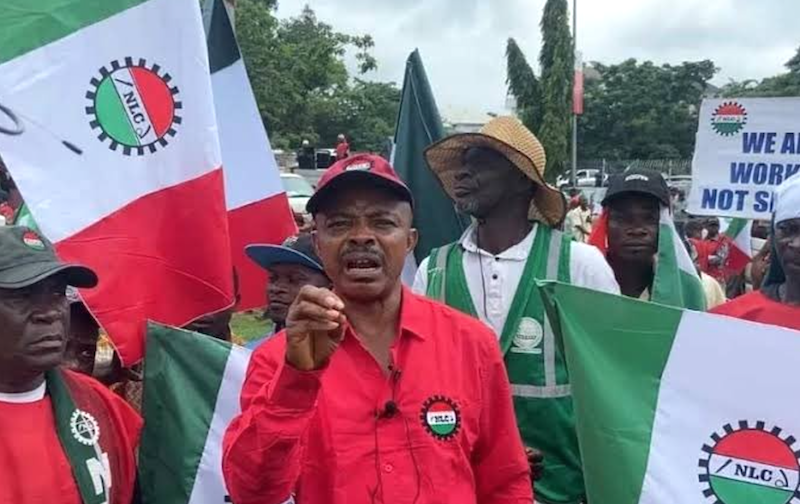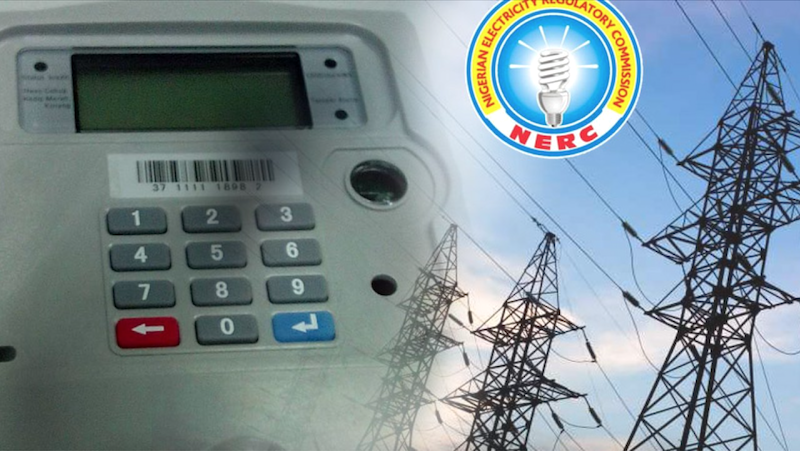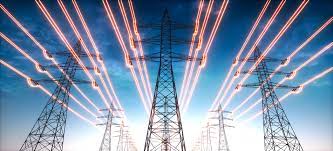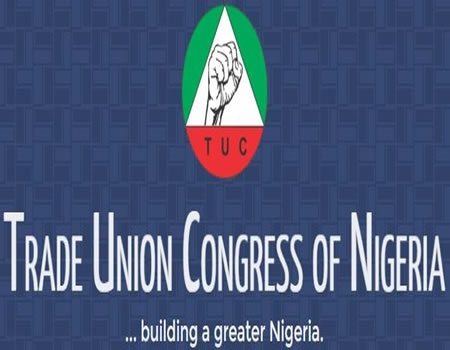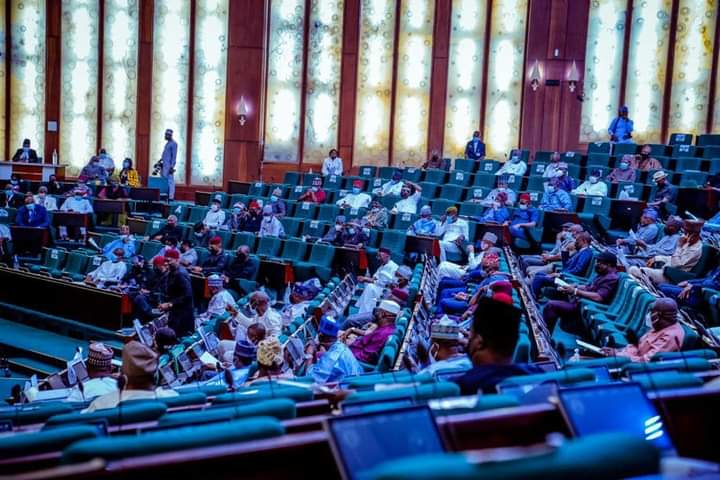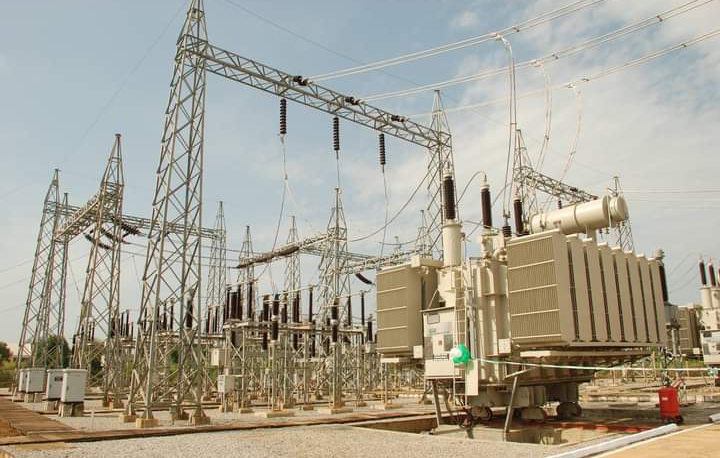“The only thing worse than being blind is having sight, but no vision. Although the world is full of suffering, it is also full of overcoming” – Helen Keller (1880-1968), American author, disability rights advocate, and lecturer.
The story about Nigeria’s electricity sector is characterised by the abject state of deficiency, corruption and potential that define it. And in every electoral cycle, it provides a talking point for politicians aspiring for public office. Somehow, despite all the money pumped into the sector through different programmes to boost power supply, available electricity has hardly ever been more than 4,000 mega watts.
In the lead up to the 2015 general elections, Asiwaju Bola Ahmed Tinubu as national leader of the then opposition All Progressives Congress (APC) told Nigerians that the path to having constant power supply lay in voting out then President Goodluck Jonathan and the Peoples Democratic Party (PDP). In his words, within six months, his candidate, General Muhammadu Buhari, will change the story and there will be regular electricity supply.
That was 10 years ago and having taken over power himself as President, Tinubu appointed, Mr Adebayo Adelabu, to drive his agenda in solving the power challenge. As with the oil subsidy issue and wholesale importation of refined petroleum products while the four local refineries remained comatose, Adelabu’s recipe was to increase tarrif.
In an amazing demonstration of lack of vision and absence roadmap, the Minister unveiled his package which had nothing to do with getting reprieve for consumers burdened with the payment of overly high estimated bills for limited services rendered by the Distribution Companies (DisCos). At a time electricity consumers were seeking fair bills for the very poor supply from the DisCos, Adelabu opened the window for further exploitation of consumers. Operating through the Nigerian Electricity Regulatory Commission (NERC), a pseudo consumer protection agency for the sector, a dubious four-band tarrif structure was unveiled. At the apex is Band A where consumers who enjoy up to 20 hours of electricity everyday have their tarrif raised by 300 percent. At the bottom is Band D, those whose access to public power supply is less than five hours daily, for which the tarrif remains unchanged.
As demoralising, defeatist and unimaginative as Adelabu’s idea of resolving the power sector challenge is, he ended up opening a seemingly legitimate window for the DisCos to deepen their exploitation of consumers. Who will monitor the actual supply of electricity to consumers and affirm that the advertised 20 hours was met? It is only the DisCos that will make such claim and given that they have the yam and the knife, consumers are helplessly at their mercy.
This 2024 alone, the national grid has collapsed more than five times and plunged the entire country into darkness. Remarkably, every stakeholder in the country has bought into the idea that the nature of federalism for the running of the country courtesy of the 1999 constitution is different from unitary system of government only in name. The argument is that Nigeria is too large and diverse to be governed by an all powerful and overreaching centre. It is the argument driving the quest for devolution of powers from the federal government to the states. The same points were also extended to the ongoing but strident calls for powers to given to states to set up their own Police. Crime, they say, us local and the solution is also local.
It is true that the just before leaving office, former President Buhari signed an amendment of the constitution that removed electricity from from the exclusive to concurrent list of Legislative powers. With that in the bag, Adelabu was expected to evolve fresh strategies to make national power supply more effective by unbundling the ineffectual national grid. His reform, no, revenue generation strategy, has left the humpty dumpty national grid in tact. He does not even hope to improve power supply. Its not part of his game plan. Rather, it is an obsession with removing any vestige of “subsidy” once the Bretton Woods institutions say so.
Without efficient power supply, there will be no industrialisation. For any investor to venture into the real sector, he must factor generating his own independent power supply first. The earlier removal of fuel subsidy has made access to diesel to power heavy duty generators astronomical and such businesses unproductive. Why does Adelabu prefer to build a house from the roof? With some measure of inventiveness and creative approach to reforms, reliable and steady power supply is achievable in Nigeria.
NERC, as earlier conceived, was supposed to protect the interest of electricity consumers by ensuring that distributors play by the rule. The agency is supposed to curb the tendency by DisCos to shortchange consumers when their bills do not reflect the quality and duration of power supplied. Adelabu has turned NERC into a conduit for further exploitation and he has become the thing around our NERC.
Postscript
Mamman’s minimum age for university admission
In December 2020, the National Assembly Joint Committee on the Independent National Electoral Commission (INEC) recommended that married underage girls be recognised as eligible voters.
Nigeria’s constitution currently pegs the eligible age for voting at 18.
Kabiru Gaya, then chairman of the Senate committee on INEC, said the recommendation is a unanimous decision by the joint panel. According to him, “the joint committee has proposed that if a lady who is not up to 18 years is married, she should be considered to be mature enough and be eligible to vote.”
Fast forward to four years later, President Tinubu’s Minister of Education, Prof. Tahir Mamman, says the federal government plans to review and peg the minimum entry age into tertiary institutions in the country at 18 years.
The minister advised parents against pushing their children and wards “too much,” to allow them to attain some level of maturity to be able to better manage their affairs.
“The other thing which we notice is the age of those who have applied to go to the university. Some of them are really too young. We are going to look at it because they are too young to understand what university education is all about.
“That’s the stage when students migrate from a controlled environment where they are in charge of their own affairs. So if they are too young, they won’t be able to manage properly. That accounts for some of the problems we are seeing in the universities.
“We are going to look at that. Eighteen is the entry age for university but you will see students, 15, and 16, going to the examination. It is not good for us. Parents should be encouraged not to push their wards, or children too much,” he said.
Really? When it’s about voting, an underage girl, some as young as 13, are “mature enough” because they are already making babies. And religion provides adequate logic for that.
For education, Mamman says the same child who could marry at less than 18 should not be admitted into university in today’s world. If that is the Minister’s roadmap for revamping education, Tinubu should save him the trauma and relieve him of the task. He is not fit for the job. Simple.
